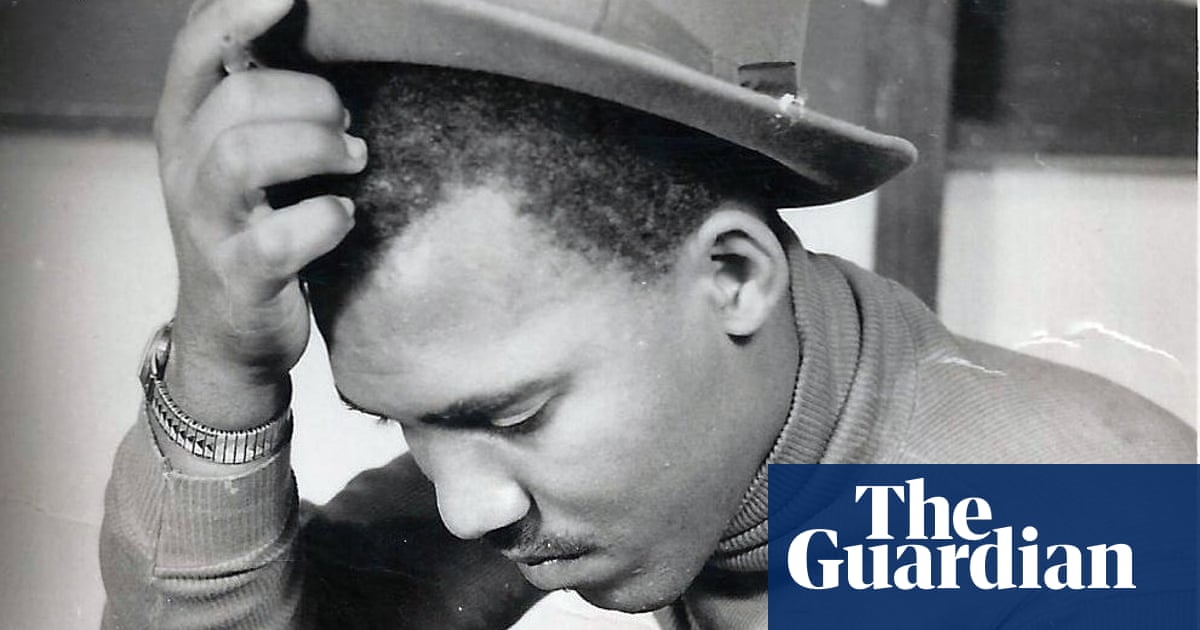Drummond was one of Sister Ignatiusâs favourite pupils. âHe was very talented, one of the best we ever had,â she said in an interview in the 1990s. âHe was very quiet, very modest. He would never say anything about himself.â Drummond left Alpha Boysâ School aged 14 and joined Eric Deanâs Orchestra, playing at the glass palace of the Ambassador Theatre, where he was paid five shillings a night.
Drummondâs career took off after he joined the Eric Deans Orchestra. Before forming the Skatalites, he played with the jazz band the Eric Deans All Stars, the saxophonist Val Bennett and the trumpeter Kenny Graham, who was the first bandleader to record a drum ânâ bass track in the UK. Drummondâs reputation grew and he toured the island, then the West Indies, then the rest of the world. He joined the Alpha Boysâ Band and was able to send money back home to his mother. He became known for his solos, played with a mute, which the trombonist Rico Rodriguez says were influenced by American players such as J J Johnson and Kai Winding.
Drummond was famous for his drinking, his love of women and his eccentricities, such as his habit of wearing sunglasses at night. He was known to enjoy marijuana and rum; he carried his own green soap and towel to the clubs he played at. âHe was part of the furniture,â says Gordon. âHe was like a big brother.â Drummond wrote most of the Skatalitesâ hits, including the ska standard Man in the Street and the haunting Confucius, which was influenced by his interest in Chinese philosophy and was recorded with the composer and saxophonist Tommy McCook, who would go on to play with the Rolling Stones.
âDon was a great arranger and composer,â says McCookâs son, who is also called Tommy and played in the Skatalites until 2012. âHe was very precise in his arrangements. His solos were full of feeling and he played them with feeling. He would always say to me: âPlay with feeling, Tommy.ââ
The trombonist Vin Gordon agrees. âDon Drummond was a very emotional player,â he says. âHe made you cry. He had a very large sound, like a tenor sax player, and managed to get a lot of notes out of his instrument. I was in awe of him. I learned a lot from him.â
Drummondâs music was visionary, says Blaser. âIt was way before its time. Itâs very spiritual, very meditative. Thereâs a lot of space in his music, a lot of air. Thereâs this sadness in his music.â
Blaser is working on an album of Drummondâs music due to be released in 2025. âI want to show the world how great he was,â he says. âItâs important to keep his music alive.â
For Gordon, the Skatalites are the custodians of Drummondâs legacy. âWhen people hear the Skatalites, they hear Don Drummond,â he says. âThe Skatalites are a living museum. They are the ones who can continue to play his music and keep his sound alive.â
The story of Don Drummond and Margarita is a fascinating and complex one, filled with passion, music, and tragedy. Despite Drummond’s mental health struggles and Margarita’s tumultuous relationships, their influence on Jamaican music and culture cannot be understated. Through the graphic novel Trombone Man: Ska’s Fallen Genius, authors Adam Reeves and Heather Augustyn aim to shed light on the lives of these two individuals and their impact on the ska music scene. With plans for a stage show and TV series in the works, their story is finally getting the recognition it deserves. As pioneers of a music genre that revolutionized dance and club culture, Don Drummond and Margarita’s legacy lives on in the vibrant sounds of ska.
Los Skatalites comienzan su gira del 60 aniversario en Glastonbury el 29 de junio
